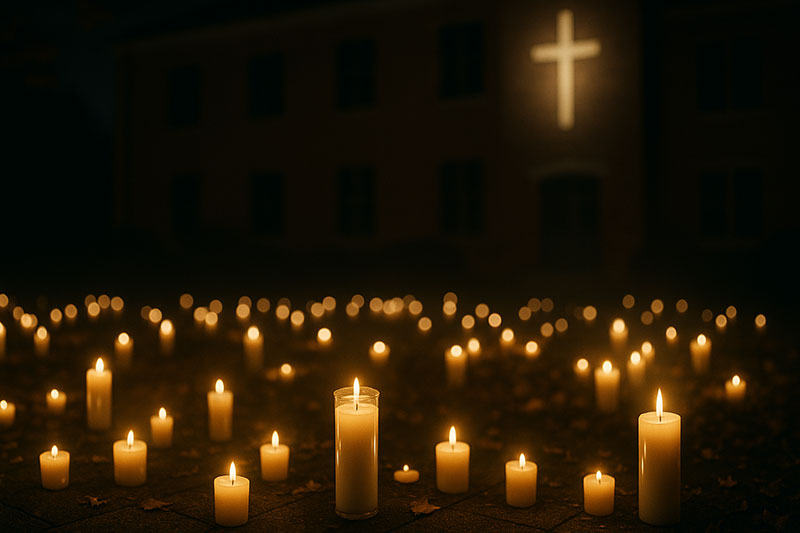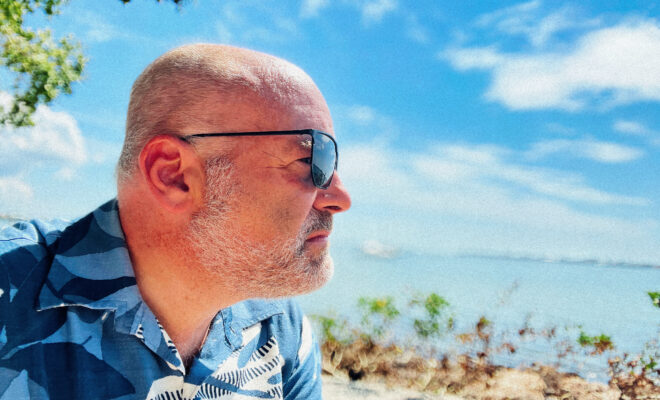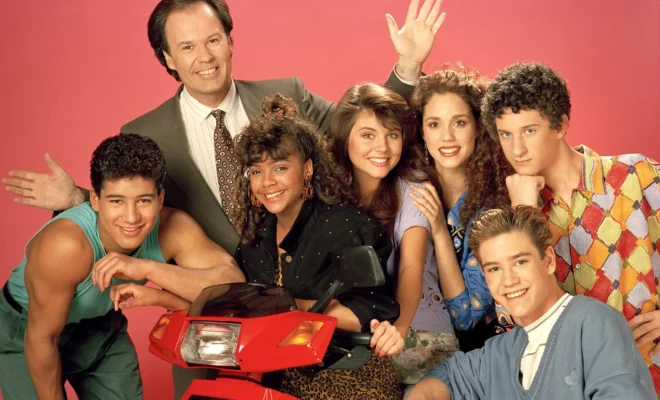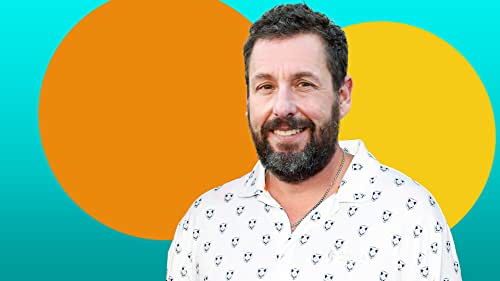Robin Westman and the Minneapolis Catholic School Shooting: Why Mental Health Must Come First

Another senseless killing. Another moment that makes us stop, shake our heads, and wonder how in the world we keep ending up here. This time it was Robin Westman. Before anyone rushes to point at “gun control” as the easy answer, I think we need to look deeper.
Guns are tools. People pull triggers. Something was broken in this individual long before he ever walked into that Catholic school. Two children were killed. Seventeen more were injured. Families forever changed. A school that will never feel the same again.
This is not just about guns. This is about the state of mental health in America.
Calling It What It Is
Westman attended that very school. He knew the halls. He knew the environment. And yet he chose to bring unimaginable pain into a place that should represent safety, structure, and faith.
Let me be clear. I will not dignify him with respectful language. He does not deserve it. This was evil, yes. But it was also untreated sickness. It was mental health left ignored until it turned into violence.
The Bigger Picture
I have been very open about my own mental health struggles. I wake up each day with the weight of battles most people never see. I cry more than I admit. I feel alone far more often than I would ever like to acknowledge. These are not things that make me weak. They make me human.
And I write this not just as an observer but as someone who has been a victim of violence myself. I know what it feels like to have your life shattered by someone else’s choice. I know the physical pain, but even more than that, I know the mental scars that linger long after the body begins to heal.
When I read about parents losing children or students waking up in hospitals after an attack like this, I do not just sympathize. I feel it in my bones. This conversation is not theoretical for me. It is my reality.
Mental Health in America
- Nearly 1 in 4 adults in the U.S. experienced some form of mental illness in 2022. That is about 59 million people.
- Six percent of adults lived with a serious mental illness that disrupted their daily life.
- Only half of those struggling actually received treatment.
Among young adults the numbers are even worse. More than one in three between the ages of 18 and 25 struggle with a mental health condition. These are the very years when identity, purpose, and community are supposed to be built. Instead, too many are swallowed up by depression, anxiety, or worse.
Violence often grows in the cracks of untreated mental illness. Not everyone who struggles will ever become violent, but many who commit acts of violence were struggling long before they acted.
Identity and Struggle
There has also been heated debate about gender identity and mental health. I am not saying that being transgender or identifying differently than what you were born as is wrong. What I am saying is that it comes with undeniable challenges.
- Transgender and nonbinary youth are far more likely to experience depression, anxiety, and suicidal thoughts.
- Nearly half of LGBTQ+ teens seriously considered suicide in the last year.
- Supportive environments dramatically reduce these numbers. Even something as simple as having pronouns respected lowers suicide attempts and anxiety.
The point is simple. Everyone deserves help. Labels aside, if people are struggling, they need care.
Universal Healthcare That Starts With Mental Health
Maybe America is not ready to jump into universal healthcare overnight. But what if we started with mental health?
Imagine if the first phase of a universal system was making sure every American had access to therapy, counseling, crisis intervention, and medication when needed. Imagine a world where no one had to wonder if they could afford a doctor when they felt like their life was spiraling out of control.
I can tell you from personal experience that not having insurance is terrifying. To be in pain, mentally or physically, and to know you cannot afford the care you need is crushing. It leaves people isolated and hopeless. And sometimes it leaves tragedies waiting to happen.
Hope Beyond Labels
I believe in hope even in dark places. I believe people can change when given the right tools. I believe communities can heal when we choose compassion over politics.
My hope is that every single person, regardless of how they identify, regardless of their past, regardless of their financial situation, gets the crucial mental health care they need. Because when we finally choose treatment over stigma, maybe then we can stop reading about the next senseless killing.






